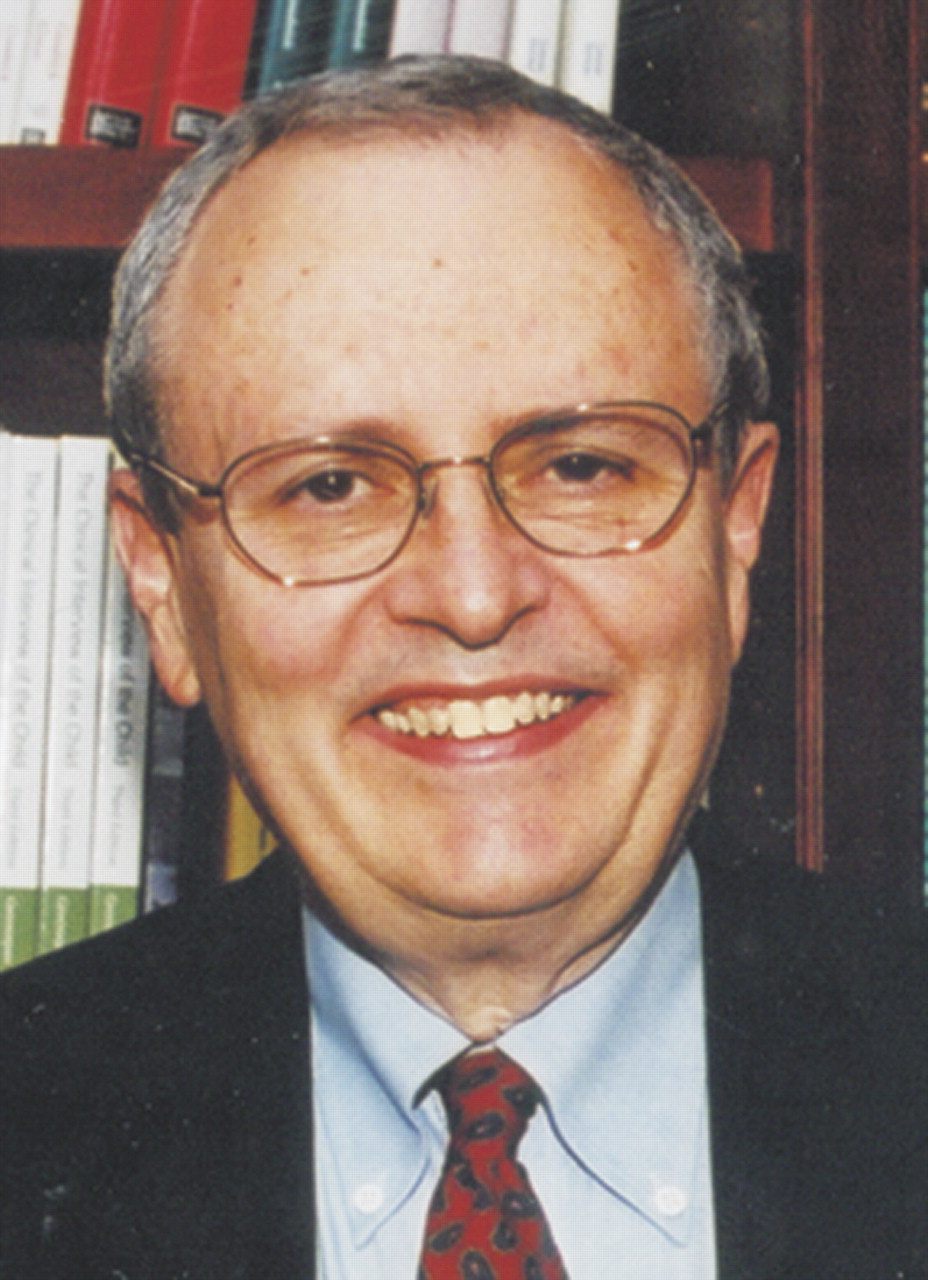In my presidential response speech at last year's annual meeting in Atlanta, I decried the fact that for psychiatry the biopsychosocial model has become the “bio-bio-bio model.” This comment received an impressive reaction from the audience at the time, indicating that they shared my concern. More significantly, I received correspondence, e-mails, and phone calls with similar sentiments and suggestions for change. Psychiatry has, for what I would argue more for economic reasons than anything else, focused on the psychopharmacological to the detriment of the psychosocial aspects of care.
As most of the care of patients with schizophrenia takes place in community-based settings, their treatment must include much more than expert psychopharmacology. Most psychiatrists with whom I've talked agree in principle with the approaches for which there is an evidence base, but few actually use them or prescribe their use. What do we know about what works? We know that family interventions work, but that they should be of at least nine months in duration. These interventions should include illness education, crisis intervention, emotional support for family members, and training in how to cope with illness symptoms. Family interventions help with the family's needs and with the prevention of relapse on the part of the ill family member. We know that supportive employment works, including individualized job development, rapid job placement, and ongoing job support, along with the integration of vocational and mental health services.
We also know that systems of care serving patients with schizophrenia should include a program of Assertive Community Treatment (ACT). ACT is a highly structured intervention that focuses on those patients at high risk for repeated hospitalization, those who have difficulty remaining in traditional services, or those who have become recently homeless. Key elements of ACT include a multidisciplinary team, including a psychiatrist, a shared caseload among team members, direct service provision by all team members, a high frequency of patient contact, a low staff-to-patient ratio, and outreach to patients in the community.
We know that those persons with deficits in social skills or activities of daily living should be offered skills training. We also know that patients with residual psychotic symptoms who are receiving adequate pharmacotherapy should also be offered cognitive-behavioral psychotherapy. The key elements of this psychotherapy include a shared understanding of the illness between the patient and the therapist, identification of target symptoms, and development of specific cognitive and behavioral strategies to cope with these symptoms.
Despite everything we know, however, many, if not most, of our patients do not receive these services. Joyce West, Ph.D., and colleagues, writing in the March Psychiatric Services, examined the treatment of 151 patients with schizophrenia from APA's practice research network and found that 69 percent of patients received some psychosocial treatment, but none of the unemployed patients received vocational services in the past 30 days, only 28 percent were receiving cognitive-behavioral-oriented therapy, and only 14 percent were receiving skills training. The authors noted that the conformance with psychosocial treatment recommendations was much lower than conformance with psychopharmacologic treatment recommendations.
Why is this so?
Tony Lehman, M.D., chair of psychiatry at the University of Maryland, asked this question in the Schizophrenia Bulletin in 2000. “If these [psychosocial] interventions are so great, why don't more clinicians use them?”
Lehman noted that clinicians have a natural resistance to change. He also commented that although these are evidence-based treatments, it's unclear which of these interventions are essential or best, how they should be phased in during the course of illness, and how specific interventions should be tailored to meet individual needs. But most critically, we have found that in contrast with market forces on the use of new medications, there is no profit in implementing new psychosocial interventions. Psychiatrists cannot make money for providing or prescribing state-of-the-art psychosocial services to their patients. Marketing of the new medications for our patients is a phenomenon that impacts on the daily lives of every psychiatrist. There are few product champions to market psychosocial treatment.
Dr. Lehman in the Schizophrenia Bulletin article concludes in an admonition to psychiatrists: “Are we off the hook? I would argue that we are not. Enough evidence exists that we are not using the knowledge we have to maximize patient outcomes by delivering programs that combine good pharmacological and psychosocial treatment for persons with schizophrenia. We did not wait for the perfect pill before proceeding to use the best that we had.... We should not wait for the perfect psychosocial treatment before applying the best that we have, either. In absence of strong profit motives for psychosocial treatments, we are only likely to move in this direction if we commit to accountability; establish clear, albeit imperfect standards of care;. .and base reimbursements on these standards....”
It's clear that we can do better for our patients and their families. Psychiatry must take the lead in advocating for these interventions in all of the treatment settings in which we work with and treat patients with schizophrenia. We need to ensure that these interventions are more fully implemented across the country. Bio-bio-bio is not enough. We owe our patients no less than to recommend and promote the use of the psychosocial interventions that have been demonstrated to be beneficial for this devastating disorder. ▪

